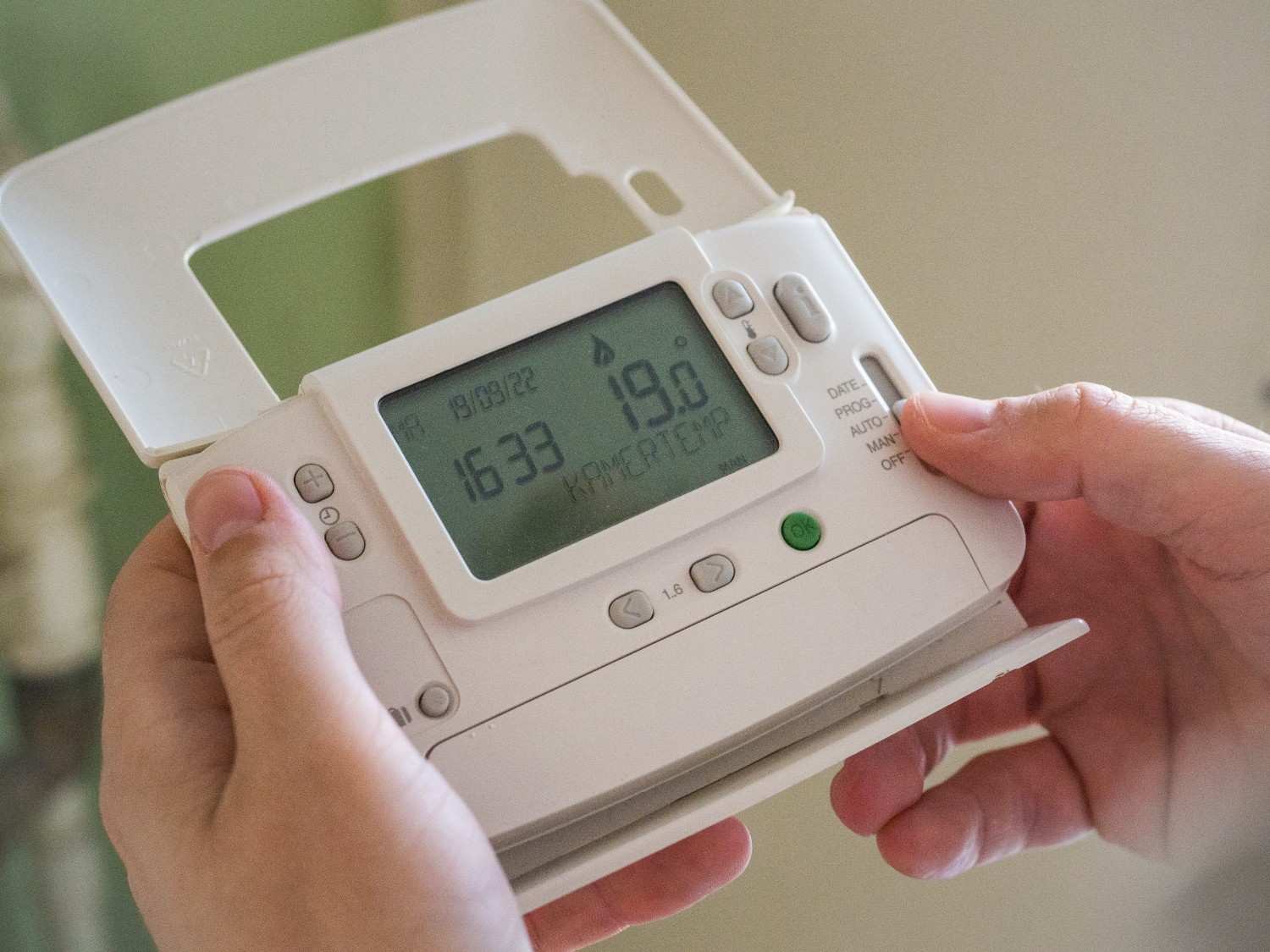Last updated on December 13th, 2023 at 12:15 pm
The Boiler Upgrade Scheme (BUS) may provide you with thousands of pounds towards the cost of adding low-carbon heating alternatives such as heat pumps and biomass boilers to your home.
The BUS was launched in April 2022 and is designed to help the UK meet its 2050 net-zero emissions target by ensuring that low-carbon heating is no more expensive to install and run than traditional fossil fuel boilers.
It is designed to help homeowners in England and Wales to afford the upfront costs required for low-carbon heating. In May 2022, applications for homeowners opened.
How Does it Work?
In brief, homeowners who want to install air source heat pumps, ground source pumps or biomass boilers to replace their traditional heating system can apply to receive thousands of pounds towards the installation.
You are not able to apply directly. Your heating system installer- who is required to be registered with the scheme- applies on your behalf. If you are successful, you will receive up to £6,000 towards the price of the installation project.
The funding is sent as a voucher given to installers on behalf of the homeowners using the initiative. The vouchers must be used within a set period: three months for air-source heat pumps or biomass boilers, six months for ground source heat pumps.
The £450 million funding for the scheme is expected to assist with the installation of 90,000 heat pumps by 2025.
Which Technologies are Eligible for the Scheme?
The three key technologies that are being funded by the scheme are:
- Air source heat pumps: These devices pull heat from the air outside your home and compress it in order to warm it up and heat your home
- Ground source heat pumps: These devices work similarly to the air-source heat pump, but take heat from the ground beneath your property
- Biomass boilers: These boilers work by burning wood, or wood pellets, to supply heating and hot water to your home.
Who is Eligible for the Boiler Upgrade Scheme?
You can apply for the scheme if you are the owner of an existing home in England and Wales, this includes private landlords.
The funding is only available if you are replacing fossil fuel heating systems, such as a gas boiler, oil, or direct electric heating. You are not eligible for funding if you are replacing an existing low-carbon system.
Additionally, your property must have a valid energy performance certificate (EPC) with no outstanding recommendations for loft or cavity wall insulation to apply for the scheme.
If your EPC does recommend either of these, you are required to carry out the recommendations, and obtain a new EPC, before you are able to apply for a BUS grant. The reason for this is because your new heating system will work more efficiently with these insulation measures installed.
There are also a fair few stipulations for biomass boilers. You can only get support for biomass boiler installation through the BUS if you are based in a rural area with no connection to the gas grid, or when the boiler will replace an existing fossil fuel system that is not fuelled by mains gas or direct electric systems.
Meanwhile, heat pumps are considered to be effective alternatives to ageing boilers, but they are not suitable for every home. They have to be installed outside and require enough space inside for a hot-water cylinder.
They tend to work best in homes that are already energy efficient. So if you are living in a poorly insulated property, you may face larger heating bills and colder rooms. The BUS is only eligible for homes that meet the space heating and hot water heating demands of the property.
How Much Funding Can You Get Through the Boiler Upgrade Scheme?
There are different amounts of funding attributed to the different technologies included in the scheme. You are able to apply for:
- £5,000 off the cost of buying and installing a biomass boiler
- £600 off the cost of buying and installing a ground source heat pump
- £500 off the cost of buying and installing a air source heat pump
It is important to note that the grant is not expected to cover the entire cost of replacing your existing boiler with a low carbon alternative. So the process may still cost more than installing a new gas boiler.
E.g. the cost of an air source heat pump is between £7,000-£13,000 (according to estimates by the Energy Saving trust). So a £5,000 grant would cut this cost to about £2,000-£8,000 (according to estimates by https://heat-pumps.org.uk/)


